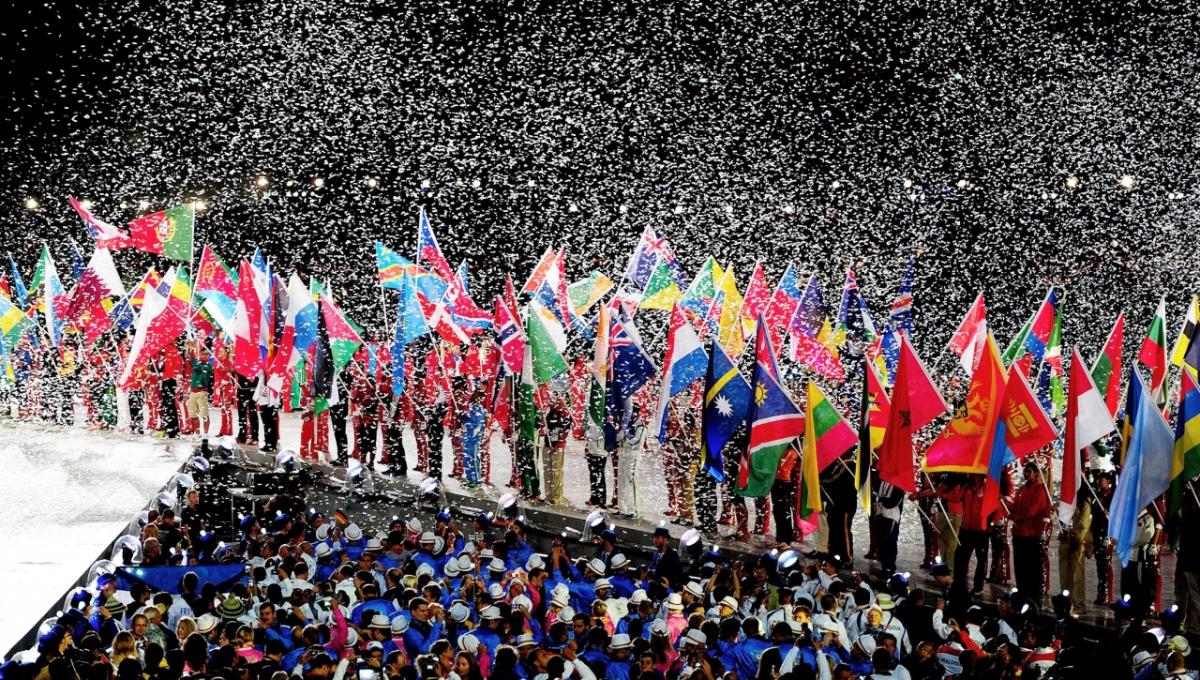Olympic Solidarity Increases Its Support to National Olympic Committees for Their Preparation for and Participation in Tokyo 2020 by USD 25.3 Million

International Olympic Committee news
This additional budget of USD 10.3m will allow Olympic Solidarity to make available additional funds relating to exceptional Games-related costs incurred by NOCs due to the postponement of the Tokyo Games. These additional funds will be available to NOCs based on their application.
This decision will allow NOCs to sustain additional costs that might occur in the lead-up to the Tokyo Games, now to be staged in 2021.
FACILITATING THE PARTICIPATION OF 206 NOCS IN THE OLYMPIC GAMES
The IOC Subsidies for Participation in the Olympic Games programme is one of many run by Olympic Solidarity. It aims at helping the NOC teams to take part in the Olympic Games, promoting universality and guaranteeing the participation of all 206 NOCs.
The subsidies cover the travel expenses and accommodation costs incurred prior to the Games and, during the Games, contribute to the travel expenses for athletes, team officials and NOC officials; and cover NOCs’ Games-related operational expenses.
EXTENDING SUPPORT TO ATHLETES PREPARING FOR TOKYO 2020
The decision to increase the Olympic Solidarity budget dedicated to NOCs’ participation in the Olympic Games follows the confirmation of the supplementary budget of USD 15m needed to extend to 2021 the Olympic Solidarity athlete programmes, which cover 1,600 athletes from 185 NOCs.
The Olympic Solidarity athlete programmes extended until the Olympic Games Tokyo 2020 are:
- Olympic Scholarships for Athletes Tokyo 2020;
- Team Support Grants; and
- Refugee Athlete Support.
The preparation of the new Olympic Solidarity 2021-2024 plan, which will take into account the NOCs’ needs in this new context, is currently ongoing, and will be announced by the end of 2020. The 2017-2020 plan can be found here.
FLEXIBILITY IN NOC ELECTION CYCLES
In addition to facing additional costs, NOCs could also see their election cycle affected by the postponement of the Olympic Games Tokyo 2020 – most NOCs usually hold their regular elections in the year following the Games of the Olympiad. To help them address this challenge and considering that the main priority is to enable the NOCs to best prepare their respective teams for the Olympic Games, the IOC has decided to adopt a flexible approach and will let the NOCs decide, subject to their respective statutes, either to follow the four-year term of office or to follow the Olympic Games cycle and hold their elections after the Olympic Games in 2021, under certain conditions. In this case, the IOC, on an exceptional basis, will consent to an extension of the initial term of office beyond four years.

